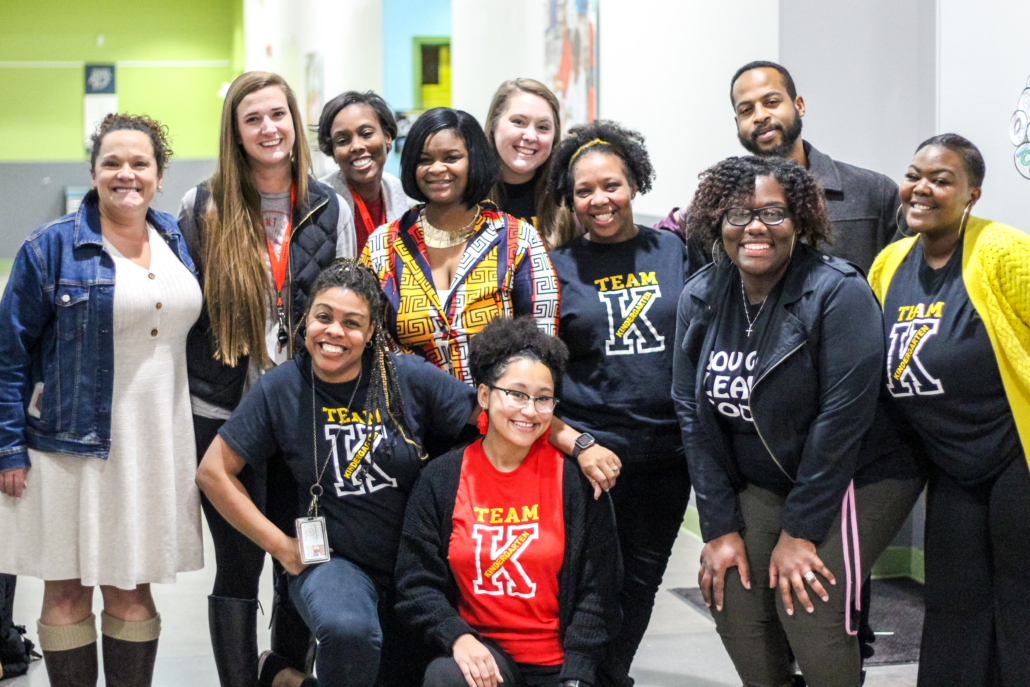#85 – Connections Between Principals of Decisiveness and Strategic Implementation
Written by Alex Abisch
Director of Strategic Implementation

I recently finished Decisive by Chip Heath and couldn’t help but notice a strong relationship between the principles of decision-making from the book and our strategic implementation service for social good organizations. The four principles of decision-making outlined in the book – widen your options, reality-test your assumptions, attain distance before deciding, and prepare to be wrong – can be applied to the process of strategic planning for social-good organizations.
Widen your options: Social good organizations often face limited resources and options when it comes to achieving their goals. By widening their options and considering more creative solutions, they may be able to come up with new strategies to address their challenges. Some options may include developing earned revenue streams, and better identifying target markets locally and nationally.
Reality-test your assumptions: Social good organizations may make assumptions about their stakeholders, beneficiaries, or external environment that may not be accurate. By reality-testing these assumptions through research, data analysis, and stakeholder engagement, they can make more informed decisions and avoid costly mistakes. At SchermCo we call this the Strategic Testing phase and it’s typically the third phase in our strategic implementation process. We gather emerging themes from our research and stakeholder feedback to begin testing growth ideas in the market.
Attain distance before deciding: Social good organizations may face pressures to make quick decisions in response to urgent needs or crises. However, taking the time to step back and gain perspective can help leaders make more thoughtful decisions that align with their organization’s mission and values. Working with a third party like SchermCo can help organizations eliminate personal bias in decision making and approach new ideas through a more objective lens.
Prepare to be wrong: Social good organizations operate in complex and unpredictable environments, and their strategies may not always be successful. By acknowledging the possibility of failure and planning for contingencies, they can adapt to changing circumstances and learn from their mistakes. Best practices to prepare for the unpredictable would be to develop a succession plan for unexpected changes in leadership, and work to ensure the stability of current programs before adding new ones.
In summary, applying the principles of decision-making from the book Decisive can help social good organizations make more effective and sustainable strategic decisions. To learn more about SchermCo’s Strategic Planning Process, check out our most recent projects and final deliverables.
Interested in learning more about our services? Email me – I’d love to chat.
Alex Abisch
Director of Strategic Implementation
alex@scherm.co

Leave a Reply
Want to join the discussion?Feel free to contribute!